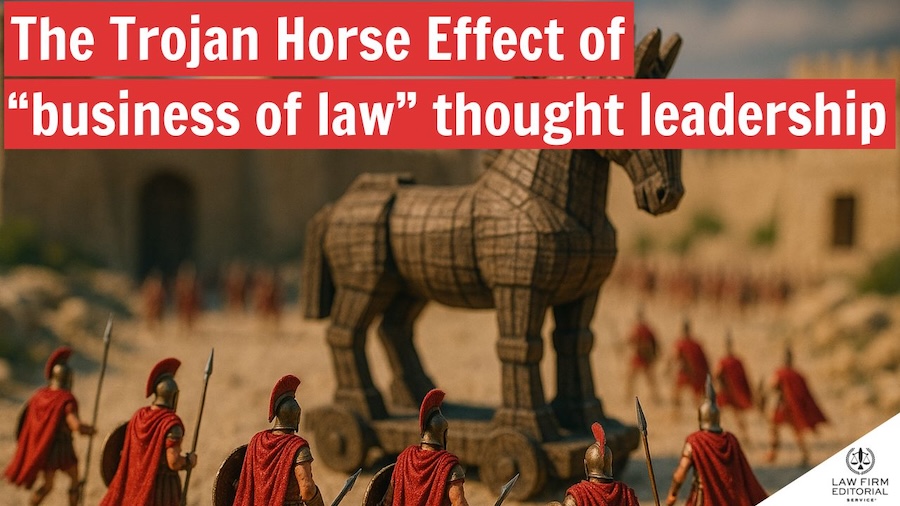
Plaintiffs’ firms are missing this enormous thought leadership opportunity
Instead of shouting about the large settlements and verdicts in their cases, plaintiffs’ firms can craft thought leadership regarding those results to build referral relationships, get more cases, and recruit top talent.








